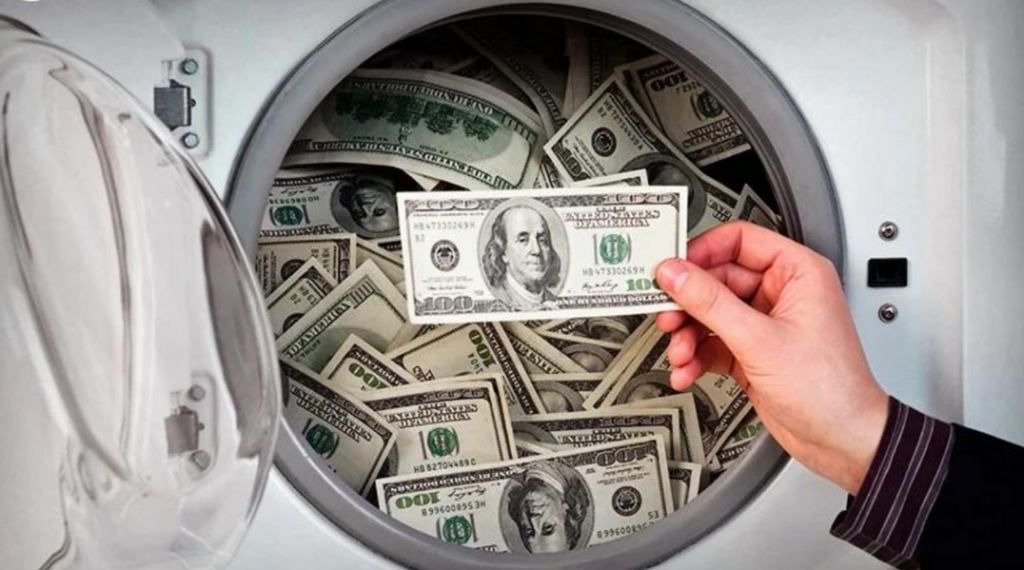As Ghana continues to lose millions of cedis through illicit financial flows, there is an intensified call for the media to be actively involved in unraveling and fighting corruption.
The Ghana Integrity Initiative, a local chapter of Transparency International, is emphasizing the crucial role of the media in protecting the public purse by holding people accountable for the illicit transactions.
Illicit financial flows (IFFs) continue to threaten Ghana’s economic development, particularly within the extractive industries.
These flows, which involve the illegal movement of money across borders, result in significant revenue losses and impede the country’s ability to fund essential public services.
According to the Ghana Revenue Authority (GRA), approximately $3 billion is reportedly lost annually due to IFFs in Ghana, representing about 10% of the national budget. This includes losses from corporate tax evasion, trade mis-invoicing, and profit-shifting by multinational companies.
A study by the Africa Centre for Energy Policy (ACEP) highlights that the country experienced illicit capital outflows of approximately $7.32 billion through trade mis-invoicing, with illicit inflows amounting to $7.07 billion between 2002 and 2011.
To cease the operations of cartels involved in the illicit flow, journalists are being empowered to adopt a meticulous approach to expose the illegal activities.
Speaking at a one-day training for journalists in Kumasi on Illicit Financial Flows, Michael Boadi of Ghana Integrity Initiative highlighted the essence of critical journalism in fighting illicit financial flows.
He indicated that it would take a conscientious effort for journalists to unravel the illegal operations which ordinarily require deeper investigations.
“IFF in itself isn’t a simple reporting. It is quite complex, because it is a web and a very sophisticated enterprise. As media you don’t have to remain ordinary, you have to build your capacity. You have to report on complex issues. The complexity and sophistry of your enterprise depends on how much you are able to unravel mysterious transactions and corrupt activities,” he said.
Mr. Boadi believes the country’s fight against IFFs could only be dynamic if the media spearheads the charge to end the fiscal canker.
“The media in Ghana must sacrifice their time and effort to deepen their knowledge. I believe that if the country is going to be dynamic at fighting corruption it should start with the media,” he stated.
The training workshop is part of the “Illicit Financial Flows Reduced and Domestic Resource Mobilization Increased in Targeted Countries” program of the GII.
It aimed at equipping journalists and media professionals with the knowledge, skills, and tools to investigate and report on Illicit Financial Flows (IFFs), promoting transparency and accountability in the fight against corruption.
The project is funded by the Norwegian Agency for Development Cooperation (NORAD) through Global Financial Integrity (GFI).
As part of TI-Ghana’s Anti-Corruption strategy, the capacity of partners in the media fraternity is periodically strengthened to enrich their contribution to the fight against corruption.
It also seeks to enhance media reportage on IFFs and support law enforcement agencies with credible data on investigations into IFFs and Beneficial Ownership Disclosures.
Policy Analyst at Global Financial Integrity for West Africa, Maxwell Kpebesaan Kuu-ire emphasized the need for collaborative works between journalists and researchers to end the corrupt endeavours.
“As the frontier investigative agencies, you can dig deeper and bring out information that should be actionable. There should be collaboration between research and development organisations and journalists such that we can do a lot more of this. Journalists can look at Business Ownerships and Procurement which is an emerging trend in IFFs,” he said.
DISCLAIMER: The Views, Comments, Opinions, Contributions and Statements made by Readers and Contributors on this platform do not necessarily represent the views or policy of Multimedia Group Limited.

